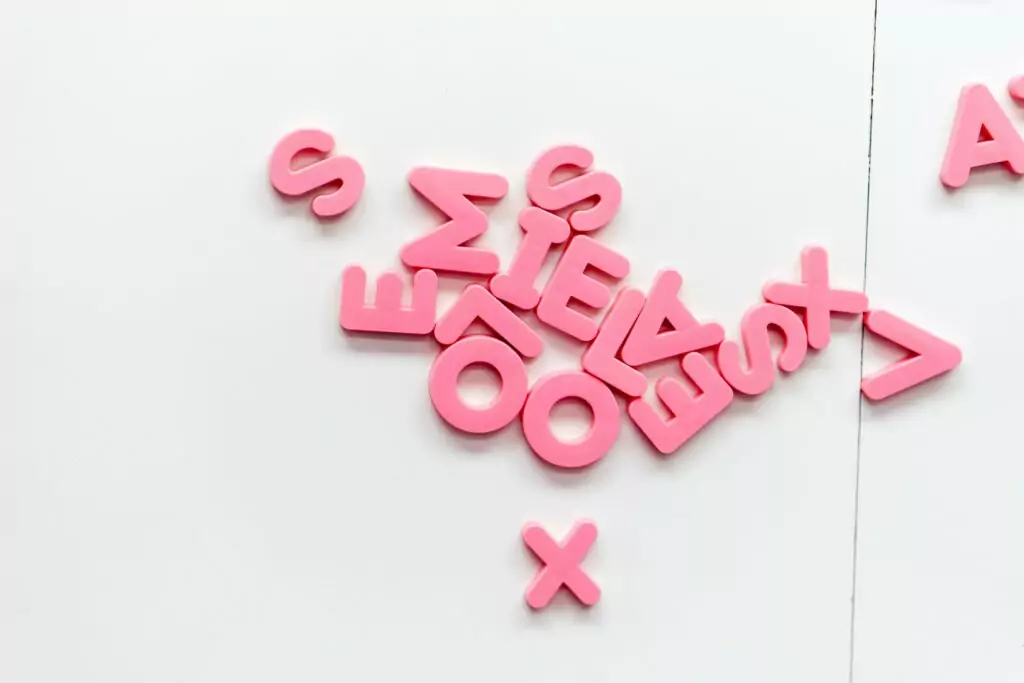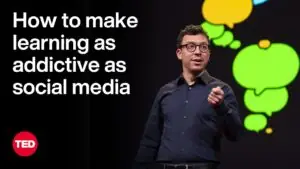Language is more than just words and grammar; it’s the key to understanding a culture, connecting with its people, and immersing oneself in a whole new world. But how do you truly know when you’ve crossed the threshold from being a learner to becoming a fluent speaker? Recognizing fluency isn’t solely about vocabulary size or the complexity of sentences one can form. Reddit users believe that sometimes you can count yourself to be a fluent speaker because of rather simple things and signs.

✅ AI Essay Writer ✅ AI Detector ✅ Plagchecker ✅ Paraphraser
✅ Summarizer ✅ Citation Generator
Key Takeaways
- Recognizing true fluency in a foreign language goes beyond just vocabulary and grammar. Signs of real fluency often lie in practical day-to-day understandings and interactions
- One strong indicator of language mastery is how native speakers respond to you. When they don’t switch to a more commonly spoken language (like English) during a conversation or stop complimenting your proficiency, it suggests you have achieved a certain level of fluency.
- True fluency is not just about sounding like a native speaker. It’s about being able to express your personality, feelings, and point of view in the foreign language, even if you make mistakes
Most of the time, when we think about language fluency, we think about the use of vocabulary, grammer, general speaking skill. To us, these are the things that, when developed on the highest level, are signs you are now a fluent language speaker. Naturally, we use different tests to measure those aspects. However, what if they don’t really show how well you can use a language in practice?
What if this criteria is secondary, while the real sign that you know and feel the language, is much more simple? Well, that’s what we decided to explore when we dug into the discussion that recently blew up on Reddit.
When You Don’t Know What Language You Just Spoke – That’s When You Know
The first one of the key signs that you became a fluent speaker of the TL (target language) is that you don’t think twice before using it.
“When you forget what language was just spoken, because it sounds so normal. This sometimes happens to me with Finnish and English”
“Same with English and German for me. The first time I realized it, was when I was playing Majora’s Mask on my 3DS and the battery died, so I continued playing on my bf’s 3DS. It felt a little off but it took me an hour to realize that I had started the game in English but continued to play in German. The only thing that had tipped me off was the difference in names of certain characters. :D”
This one seems to be on the spot since it’s the way you comprehend information in your mother tongue as well. After all, you don’t end up thinking to yourself, after talking “oh, I used this language, nice” when you speak your first language.
Natives Don’t Switch the Language When Speaking to You

When you learn Portuguese, for example, and go withis the country, do you expect to use it there? Presumably, yes. However, sometimes natives decide to make things easier for you and switch to English, for example. This way they want to reduce your struggle. For a language learner, though, this can be a sign that they yet have to put more effort into their language acquisition practice:
“When I visit Sweden and people don’t immediately switch to English.”
“Lol. I went to Stockholm once. I remember saying “Hej.” to a cashier in a shop and they immediately spoke to me in English. It only took one word for her to think “This person is definitely not going to cope with Swedish.””
Reddit also agrees, that when native speakers stop complimenting you on your TL skills, it’s a sign that you finally reached a certail level of fluency:
“When native speakers stop telling you “wow, your (target language) is so good””
“If native speakers stop complimenting your tl and start asking how long you’ve been in their country, you’re getting good.”
“My first time in Latin America after a year and and a couple months of dedication, I was chatting with an old feller that I had sat down to speak with in the street, the morning after the greatest adventure in my life, and he asked me very quickly “how long have you lived here son?”, and that was a great feeling. Cut to when I got back to the states and soon after people regularly mistook me for a native, and there was no longer any “where are you from?” Or “what nationality are you?” Because I was just assumed to be native. It’s awesome.”
One Redditor even came up with a simple fluency-recognition algorithm structured by levels
Other Signs That You Are Onto That C+ Language Level
These, of course, aren’t the only factors that your fluency can be judged by. For example, some users mentioned the fact of transfering structures from your TL to mother tongue as a sign that you became fluent. Others noted, that it’s when you stop translating from the target language back and forth that you become a true speaker. The one teacher, however, voiced an insight that we believe tied together all the previously mentioned criteria:
“For me, being fluent ≠ sounding like a native speaker. With that being said, being able to show your personality and your feelings in your TL is the best way to show fluency. Also getting your point of view understood even if you make mistakes and don’t sound like a native speaker. I’m a foreign language teacher and I’ll always teach my students that the point of learning a language and what makes it fun is actually being able to communicate using it, that’s fluency to me.”
Scientific Measures of Language Fluency According
Ever wondered what being “fluent” in a language really means? It’s not just about speaking like a native. Daniel Morgan, from Shenker Institutes of English, says it’s about how easily you can chat on different topics. But just because you can communicate doesn’t mean you’re always correct. Sometimes, we might use the wrong word or mix up grammar, and that’s okay! In fact, listeners often don’t notice minor mistakes. Assessment suggests that listeners automatically “edit out” such errors, comprehending the intended message.
There are actual ways to measure how fluent someone is. Think about how fast someone talks or how long they can speak without pausing. And there’s a scale, called the CEFR, that tells us if someone is a beginner (like knowing simple phrases) or an expert (chatting about anything with ease).

The journey from being a novice to achieving native-like mastery, as indicated by University of Cambridge research, demands significant dedication. The number of hours spent, however, isn’t the sole determinant. Individual openness to new structures, dedication to continuous learning, and the courage to venture beyond the comfort zone all play a pivotal role.
Here’s the thing: learning a language isn’t a race. It’s a journey. Everyone learns at their own pace. Real-life chats with friends, watching movies without subtitles, or even reading a book can be great ways to test and improve your skills. Remember, it’s all about growth and enjoying the journey. And just like any adventure, there are highs and lows, but the effort is always worth it!
Follow us on Reddit for more insights and updates.





Comments (0)
Welcome to A*Help comments!
We’re all about debate and discussion at A*Help.
We value the diverse opinions of users, so you may find points of view that you don’t agree with. And that’s cool. However, there are certain things we’re not OK with: attempts to manipulate our data in any way, for example, or the posting of discriminative, offensive, hateful, or disparaging material.